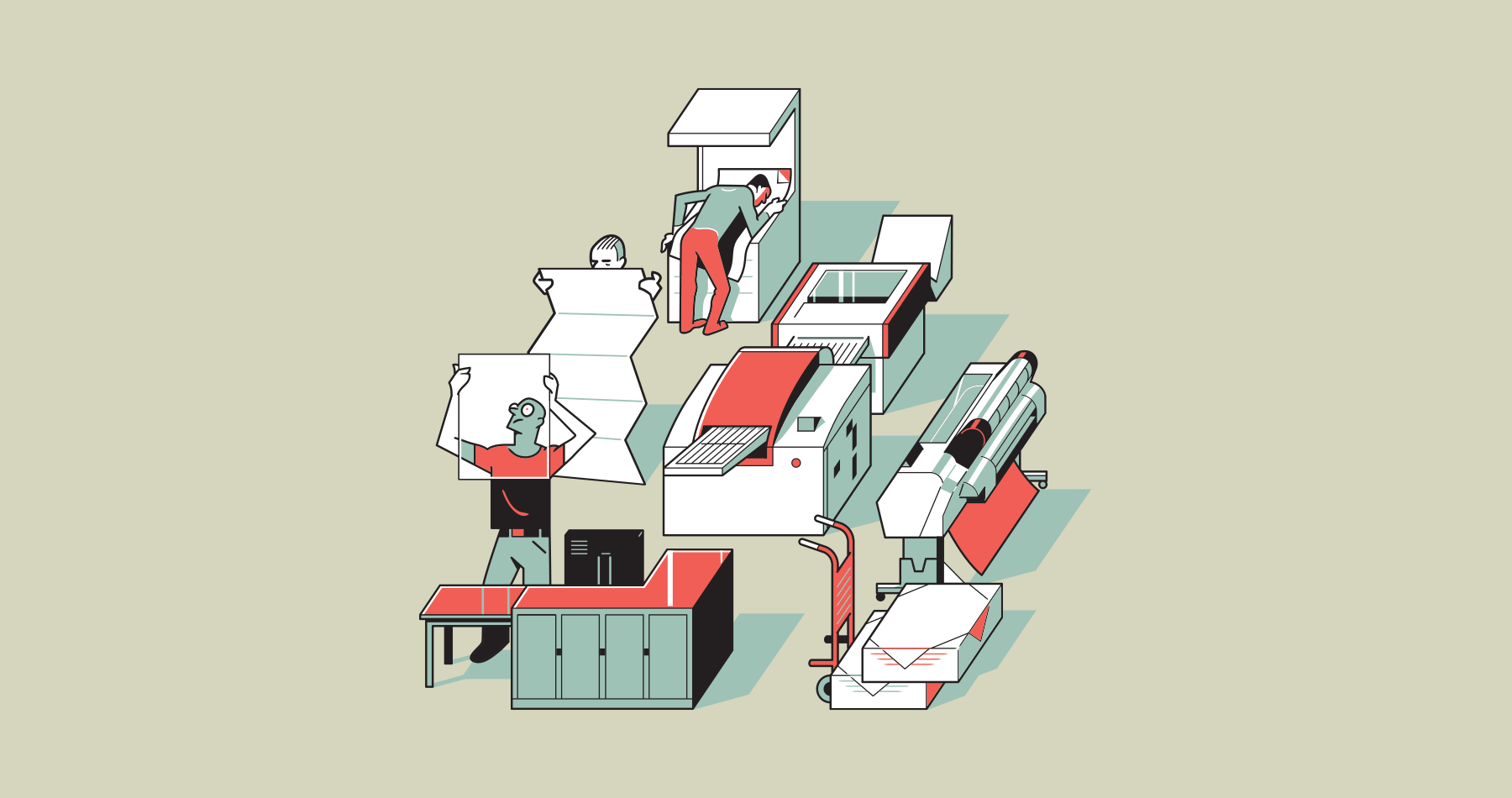Building the right culture for a new landscape
In his book, “FLEX: A Leader’s Guide to Staying Nimble and Mastering Transformative Change in the American Workplace,” workplace trends expert Rick Grimaldi presents a real-world guide to harnessing the power of change. With 30-plus years working with large and small companies, Grimaldi’s blueprint centers on how employers can successfully navigate the immense changes and challenges that occur in today’s ever-shifting workplace environment.
That Grimaldi started writing his book before a pandemic forever changed how we view the workplace landscape places him a little ahead of the curve on thought leadership. Grimaldi’s premise is simple: to increase employee satisfaction and secure long-term success in the marketplace, he believes it is more critical than ever to understand how trends shape tomorrow’s labor force. And sure, while the pandemic forced businesses everywhere to react to the now, laying the groundwork for adaptation is paramount. Among other things, that involves using creative solutions for recruiting, engaging and retention.
“Today’s workplace is a patchwork quilt, as we face the new world of hybrid remote work, societal changes and incredible technological advances,” says Grimaldi, co-principal of Fisher Phillips Government Relations subsidiary, FP Advocacy. “Obviously, the biggest change over the last 15 months is where employees do their jobs. Remote work in some fashion is here to stay.”
“Leaders and businesses that flex recognize the key to getting everyone on the same page is to have them feel invested in the workplace.”
— Rick Grimaldi, Co-Principal, FP Advocacy
Grimaldi believes the key to success will be forward-thinking leaders who focus on what potential employees want. Today’s job candidates want to see a workplace that reflects the cultural norms they have come to know. This means building in rules and systems that remove inherent bias and promote healthy, flexible workplaces where diversity can thrive by embracing a multitude of genders, races, sexual orientations, religions and disabilities. Stay nimble, flex and embrace not only the disruption of the pandemic, but the inevitable and rapid change that is still to come, and the market will reward you.
“Leaders and businesses that flex recognize the key to getting everyone on the same page is to have them feel invested in the workplace,” Grimaldi says. “This can occur through mentoring between more seasoned and less experienced teammates and by constantly providing a seat at the table. The old command and control workplace is gone in favor of active input from all levels of an organization. It is incredibly important to practice mindfulness in the work environment.”
Creating your company’s Zen
When employers gaze out at today’s unpredictable business climate—one that already has shown its cards in the form of a game-changing global pandemic—if they don’t have a sound game plan and flexibility, they run the risk of being left behind. It is as simple as that.
Think of it as a football team that seemingly has crafted the perfect game plan, only to see it have to be adjusted to the frequent changes that happen during the course of a game. In the throes of those seen and oftentimes unforeseen changes, how fast can your company adapt?
The question is one that Jared Rosenthal has asked from time to time. In 2010, Rosenthal purchased a used RV and launched Health Street, a mobile drug testing and DNA testing company. In those early days, he drove his truck around with the logo of a cup of urine on the side of it. People started calling the vehicle the pee-mobile and complained every time he parked near their building. Lesson learned.

As the pandemic took hold last year, Rosenthal, the CEO turned entrepreneur, reality TV show host and tech innovator, used Health Street’s pivot to technology and launched StaffGlass, a hiring and recruiting software service that enables businesses to easily set up drug tests and occupational health services at more than 10,000 clinics nationwide. Today, his staff has grown into the responsibilities required to help small- and medium-sized businesses compete on the same playing field with larger companies.
“Employees need to understand their sense of purpose, and how their roles impact the rest of the team, the clients, and the business,” says Nicole Slaughter, who works with Rosenthal as content editor at Health Street and StaffGlass. “It is our responsibility to provide recognition for a job well done, create some friendly competition, and allow them the autonomy to feel empowered with their work. The highest engagement tends to come from the employees who are the happiest with their jobs. The human experience is unique, in that you never know exactly how others are feeling or what challenges they may be facing.”
At Health Street and StaffGlass, creating an open company culture is critical to keeping everyone on the same page. Employees who are comfortable communicating with each other often will openly relay important information and ideas without much prodding from management. But Slaughter says it is important to provide the right resources, set clear expectations and continue to check in on a regular basis.
The company uses shared calendars, Zoom meetings and designated channels to keep everyone in sync. It also holds weekly trivia competitions in Slack to stoke the competitive fires. “This creates some team building banter,” Slaughter says. “It also opens discussion to a variety of new topics every week to allow the team to connect on a more personal level.”
“Employees need to understand their sense of purpose, and how their roles impact the rest of the team, the clients, and the business.”
— Nicole Slaughter, Content Editor, Health Street & StaffGlass
One of the companies that Grimaldi holds up as an example of American capitalism at its finest is Saxby’s, a Philadelphia-based coffee company. One of the tenets of its success is self-reflection. CEO Nick Bayer continually asks his team why they are unique, what makes them great and what they want to be.
“This type of thinking allowed it to flex during this last, very difficult, year,” Grimaldi says. “It changed its core focus to better educate its team members on the importance of diversity, equity and inclusion as well as the critical importance of emotional intelligence in leaders. Bayer made the issues core to its training programs. Consequently, the business, after a rigorous qualification process, recently earned the coveted ‘B Corp Certification,’ as a company dedicated to reducing inequality and poverty, making the environment healthier, strengthening communities and creating quality jobs with dignity and purpose.”
In these times of incredible change, it is important to practice mindfulness in the work environment—take the time to decompress, and offer opportunities for increasing health and wellness. Reducing your company’s stress load can lead to a more motivated, engaged and productive workforce.
Other recent articles

The Vanishing

Weighing In

We’re OK

The Guide

By The Numbers

